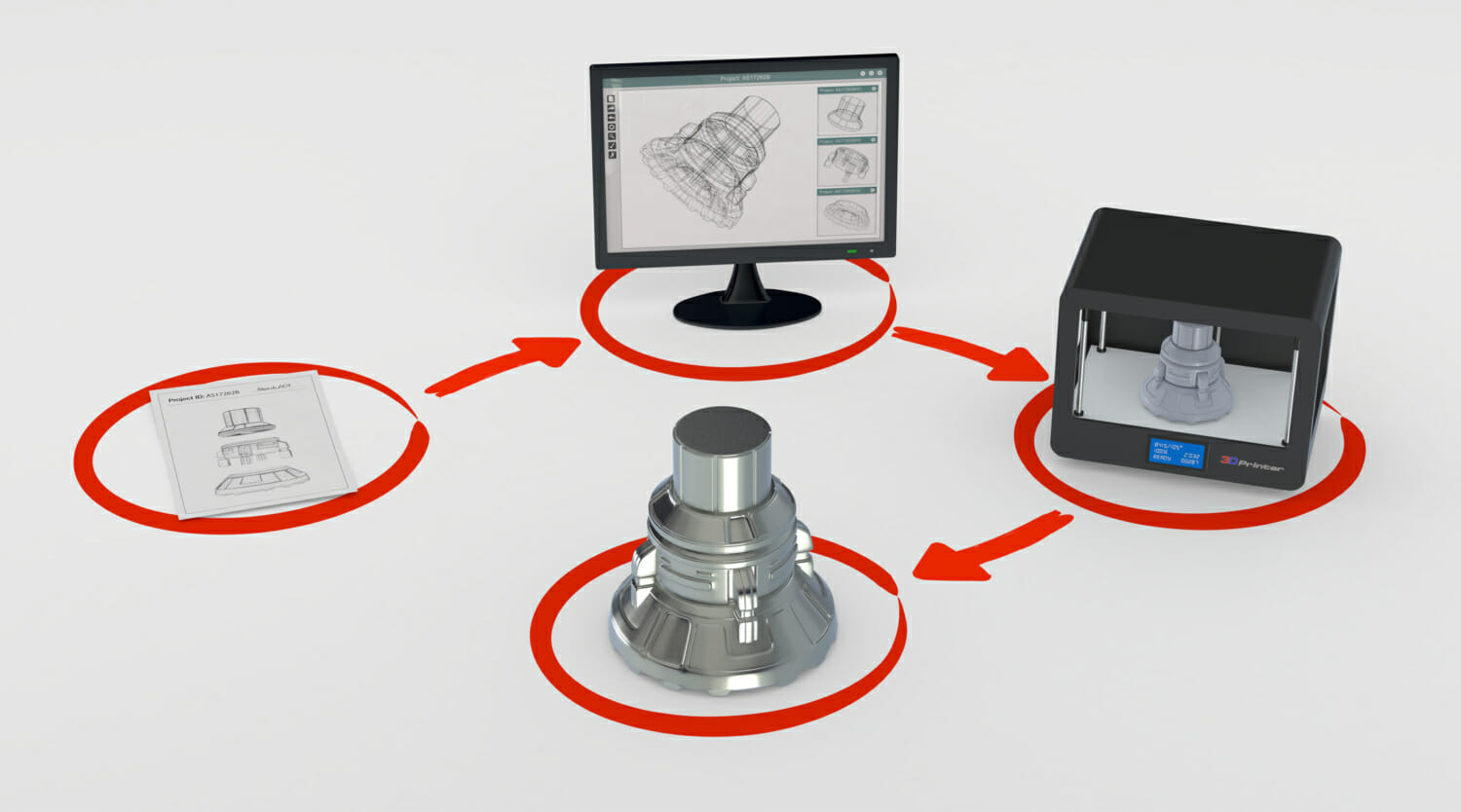
Establishing a design for manufacturing process (otherwise known as a “design for manufacturability” or DFM) when manufacturing products in China or elsewhere in Asia is a pivotal preliminary step. The essence of DFM is taking into consideration the entire manufacturing process and mapping out the simplest and most cost-effective way to successfully create a certain product. It’s a strategic game plan for new product development. Top sourcing agents and factory consultants will recommend using DFM to avoid many of the common major pitfalls that businesses can fall into when manufacturing products overseas.
Put simply, DFM has three key goals:
1. Minimizing Costs
Design is critical to the success of a product and is also the least expensive phase in which to make changes to the manufacturing process. Many businesses find that around 70-80% of production costs can be attributed to decisions made during the design process. Incorporating a DFM in the design process allows product design and manufacturing teams (those in charge of figuring out how to actually manufacture the product) to get on the same page. When these teams are able to coordinate their efforts during the design process, this serves two major functions:
- Checking for feasibility
- Reducing design complexities
Overcomplicated designs often require complicated manufacturing processes and expensive tooling. If a design is found to be unfeasible by the manufacturer, that design may need to be altered or completely rethought. A simple design is preferable in that it enables standardization of parts which cuts down on costs needed for tooling and materials. These functions ensure ease of manufacturability and that unnecessary costs will be avoided.

2. Increasing Speed to Market
Similar to its effectiveness in decreasing costs, DFM’s also help to significantly increase speed to market. If a DFM is correctly constructed and implemented, this reduces the time needed for redesigning products, factory set-up/production, and other delays caused by miscommunication between a business’s product design team and their manufacturing partner. In the current world of overseas manufacturing, speed to market is paramount. Despite having a well-protected trademark of your product and/or intellectual property (IP) in the United States, once your product begins to be manufactured, overseas competitors can creep up even before your product is brought to market. DFM is key to reducing delays and increasing speed to market, thus minimizing the opportunity for new competitors to arise and capture market share.
3. Efficient Quality Control
DFM takes into consideration the critical question, “how will manufacturing affect the look, feel, and functionality of the initial product design?”. Beginning with this end in mind results in a much lower likelihood of discrepancies between the initial product design and the final product. This DFM principle combined with that of reducing design complexities results in an easy-to-manage quality control phase. This is beneficial regardless of who is conducting the QC/QA whether it be a company’s own people visiting the factory or through services of a factory consultant or manufacturing partner. If issues are found at this late stage of the manufacturing process, it can be extremely costly to make changes or rectify those issues. Implementing DFM will mitigate these types of issues and any additional costs or delays. If changes do need to be made, the ease of manufacturing provided by a well put together DFM allows for those changes to be made faster and more cost-effectively than they would be otherwise.
Sometimes a business can get ahead of themselves when designing products and forgo creating a design for manufacturing. As a result, unforeseen difficulties often arise and create stumbling blocks for that business. Thoughtfully creating a DFM is an unquestionably worthwhile endeavor but does require time and resources. When looking to outsource manufacturing to Asia, a professional supply-chain consultant or sourcing group are both useful tools that can help answer questions regarding DFM’s and streamline the process by finding and introducing your business to reliable manufacturing partners.
Contact Us






Follow Us